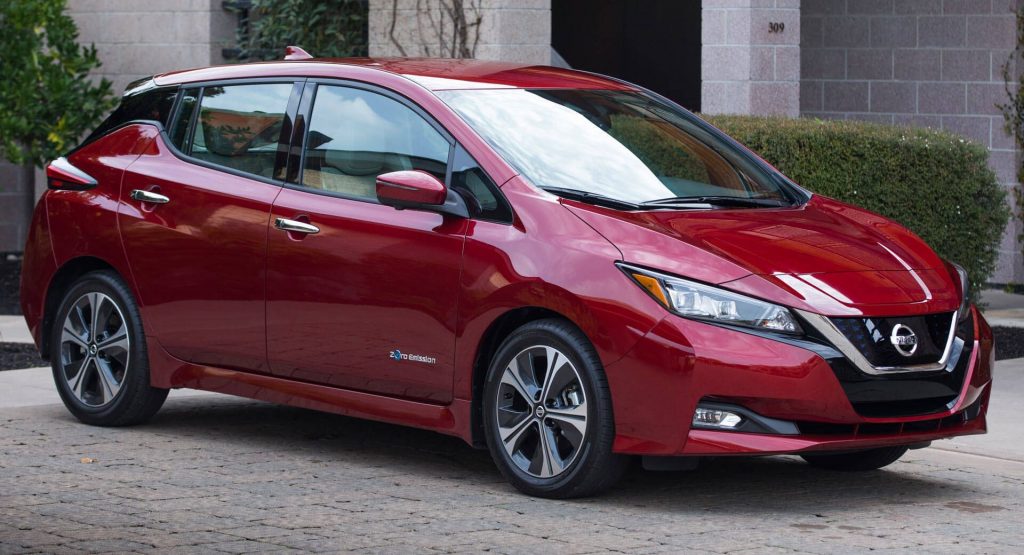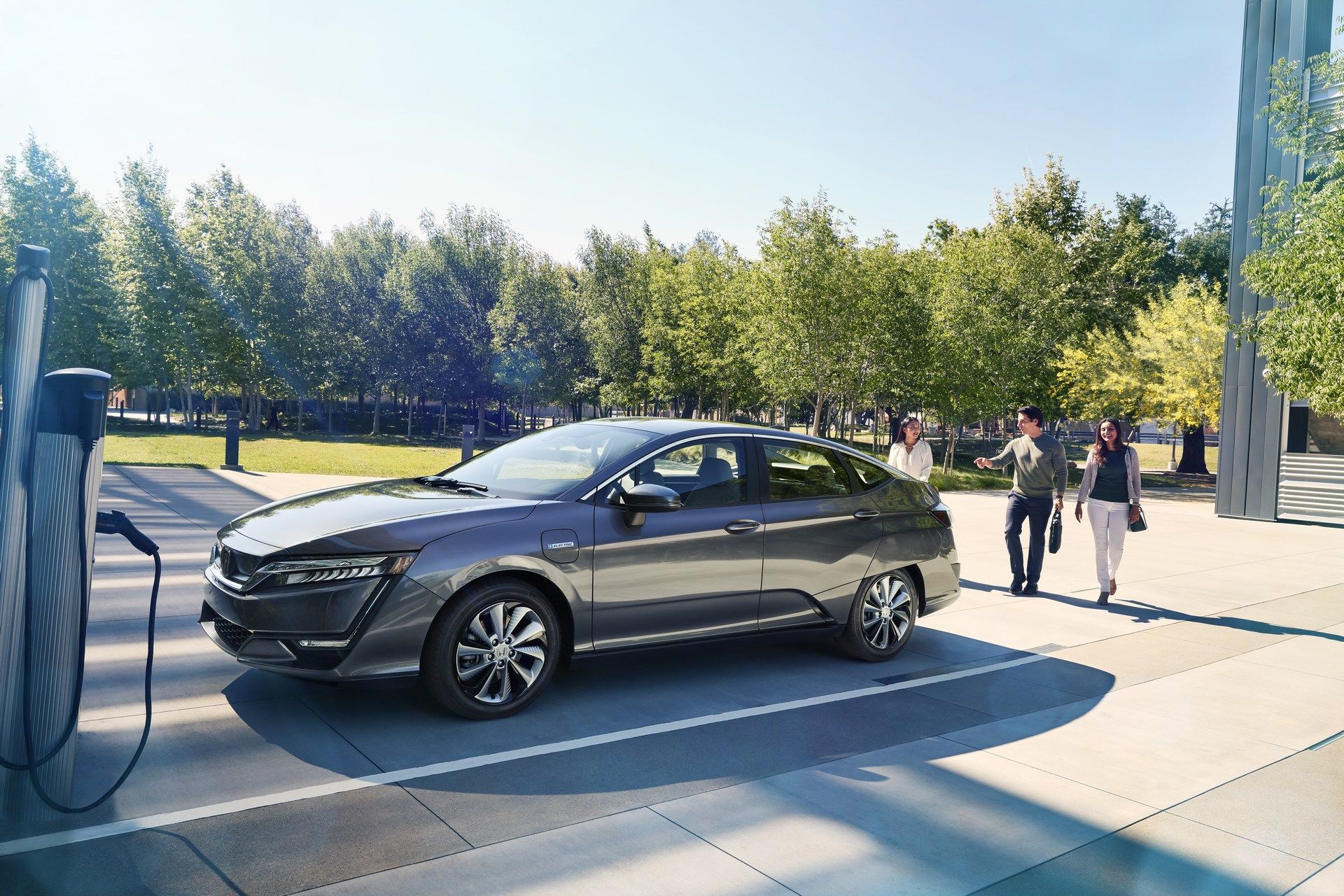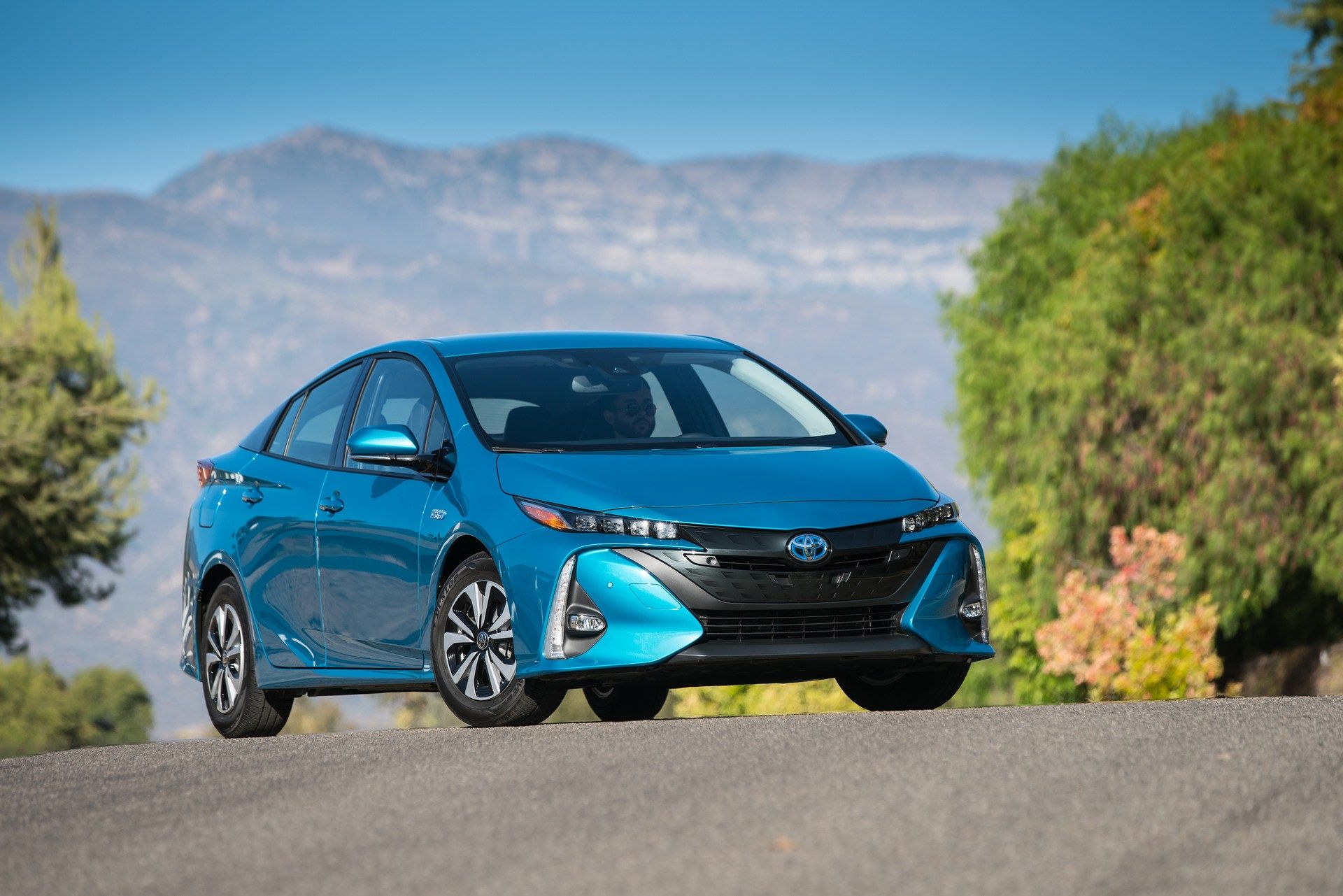Japan’s largest automakers are joining forces to speed the development of solid-state batteries for use in future electric vehicles.
According to the Nikki Asian Review, Nissan, Honda and Toyota will work with the Lithium-Ion Battery Technology and Evaluation Center (Libtec) as well as battery makers Panasonic and GS Yuasa. The partnership aims to develop new solid-state batteries which would make Japanese companies the leaders of electric vehicle technology.
The Japanese government is also supporting the partnership as the Ministry of Economy, Trade and Industry will reportedly provide Libtec with ¥1.6 billion ($14.6 million) of funding.
Solid-state batteries would be major improvement over lithium-ion batteries that are common in today’s electric vehicles. Besides offering higher energy densities, solid-state batteries have fewer components and they don’t use liquid electrolytes which can leak. The benefits don’t stop there as solid-state batteries are also safer, easier to produce and more affordable than lithium-ion batteries.
Toyota is one of the pioneers of solid-state battery development but the company hasn’t released a vehicle that uses them yet. This is one of the goals of the partnership as the various companies will work on improving battery performance while also ensuring they are safe.
If everything goes according to plan, the Libtec consortium could develop a solid-state battery that will enable electric vehicles to travel up to 550 km (341 miles) by 2025. The group has even larger ambitions in the future as it wants to have a solid-state battery which can deliver 800 km (497 miles) of range by 2030.
While it sounds odd that the rival companies would join forces, Nikki notes 70% of the global automotive battery market was controlled by Japanese companies in 2013. However, strong competition from China and South Korea have eroded their market share to just 41% in three years.
H/T to Roadshow






